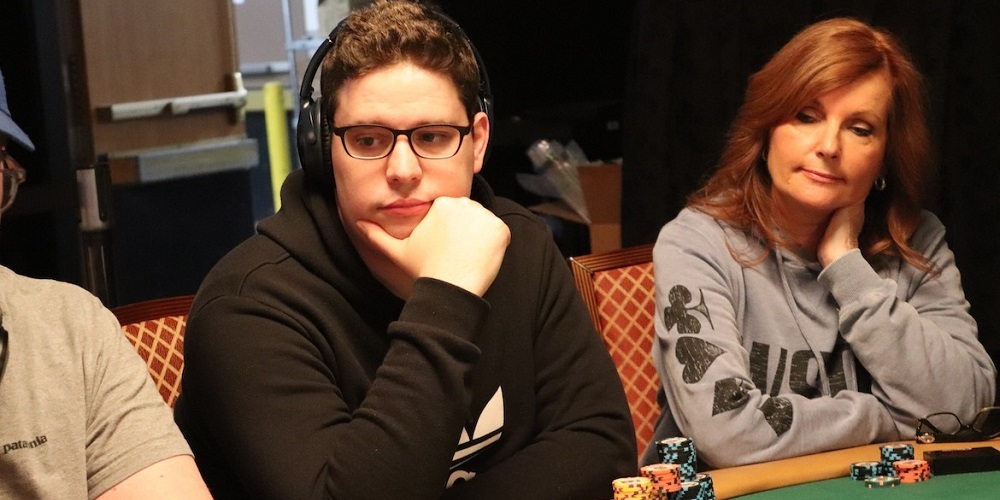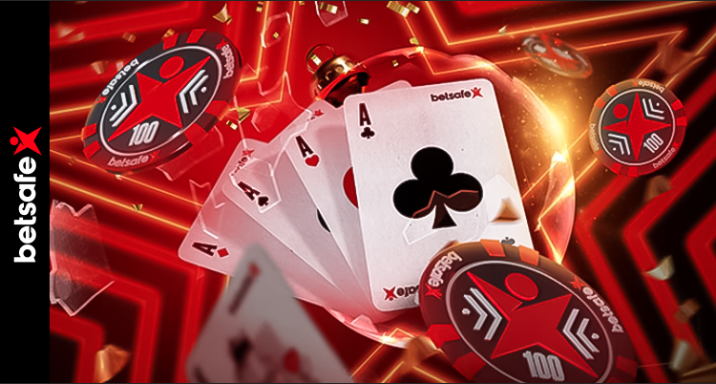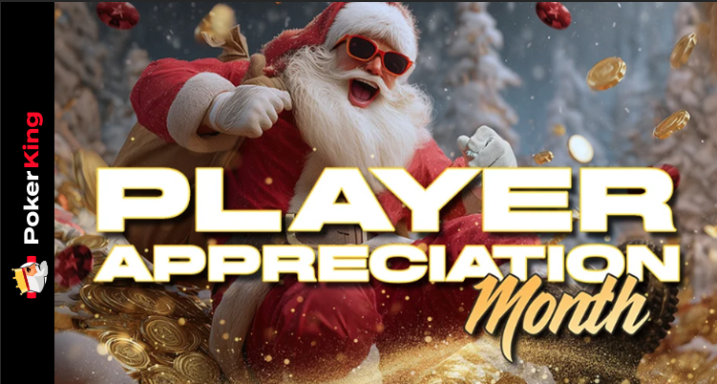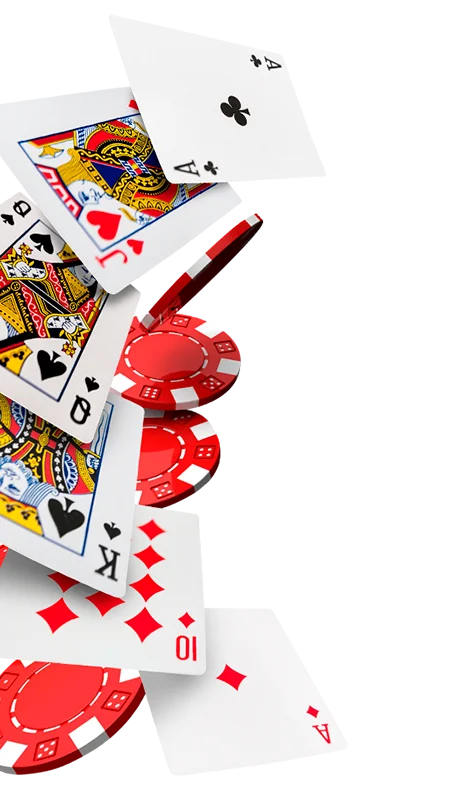
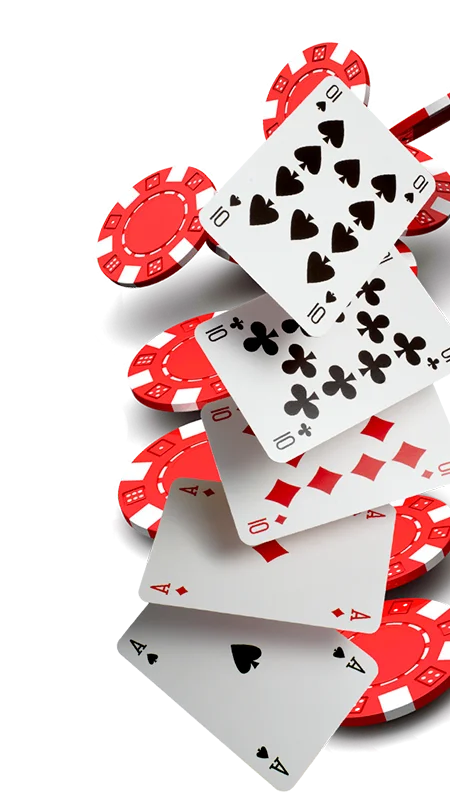
Tells in poker part II: interpreting tells and how to hide them
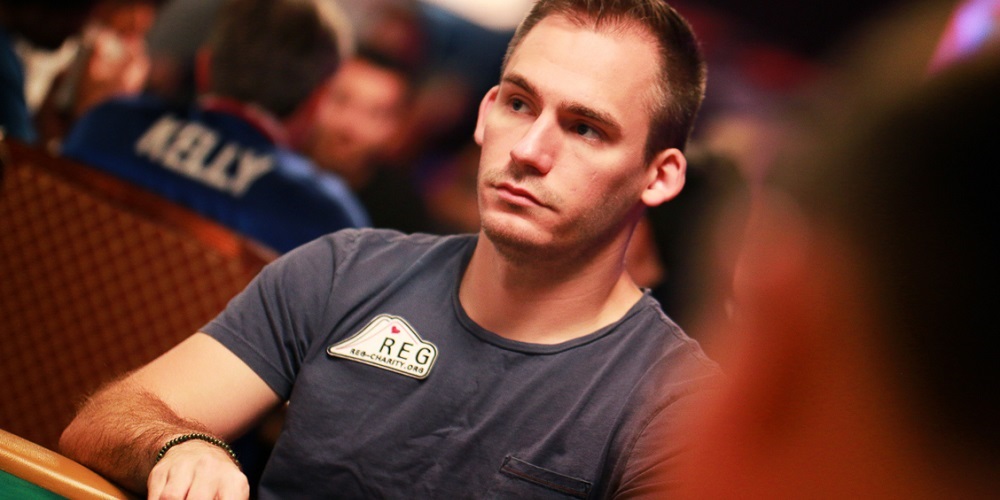
As we discussed in the first part of this
series of posts dedicated to analyzing tells in poker, they can be interpreted
in many ways depending on the context in which they occur. To make a correct
reading of the tells it is necessary to analyze the whole hand, not an isolated
tell, because if we do that, we run the risk of making a mistake in our
conclusions and putting our foot in our mouth.
Obviously, to make a proper analysis of the
tells it is necessary to identify the tells in the right way and to do it in
time. Timing in poker is crucial, and even more so in tells, reactions
whose first seconds provide essential information that can have a lot of weight
in our strategy.
But what guidelines can we follow to make a correct read? Can we use our ability to recognise tells and hide our own at the same time? Let's take a look.
How to read body language in poker
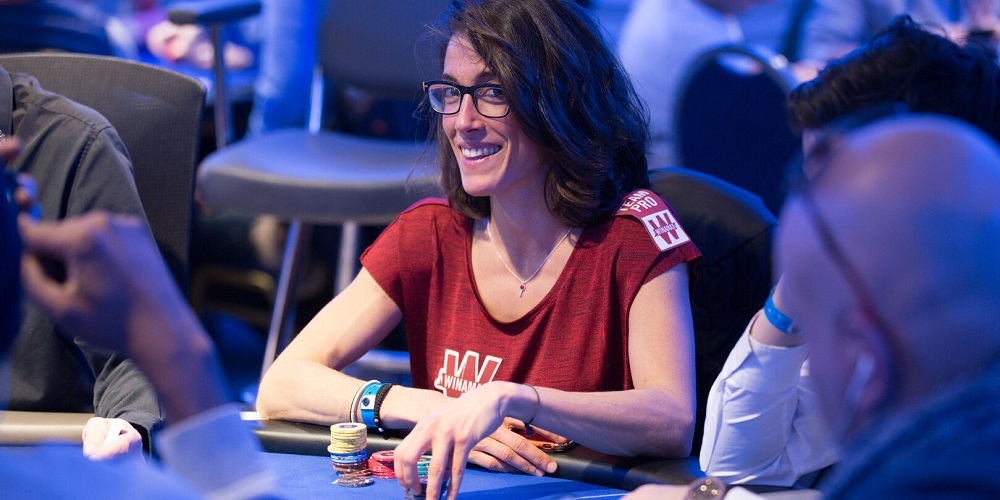
Reading tells is something that takes place
gradually. That is, your play will not be defined in the first tell reading
you do, but it will evolve as the game evolves and your opponents'
expressions and reactions change.
In the first chapter we talked about the
neurocortex and the limbic system as the biological origins of tells. Although
we mentioned that the limbic system had more weight in the analytical
part, we must not confuse the role it plays before the tells.
The limbic system of the human body handles
unexpected, more genuine reactions, which results in a greater need for
analysis on the part of players who are trying to analyze tells. What does this
do? You don't care whether it is the neurocortex or the limbic system that
triggers an unexpected reaction, but you should know that your analytical
skills will have to work hard when these reactions take place.
Why? Because the real reactions, the ones that
the body carries out without being able to disguise or control them, last only
a second. These are the tells you are most interested in to discover the
opponent's game, the ones that will give you the most truthful information.
Remember we talked in the first chapter about
conflicting or contradictory tells? Well, when in doubt, the first reaction
will always be the one you can trust the most, precisely because the limbic
system is the one that comes into play in the first two seconds, when the human
being does not yet have time to hide his reaction.
You should understand that the analysis of
the tells begins the moment you join the table. In live poker, for example,
when you arrive at the table you should already be looking at the relaxed
posture of the players. Because any changes during the game will indicate their
intentions during the game.
Poker plays out in the same way as a chase or a
threat in real life.
In wild environments, all living things react to danger in three ways: by
standing still to let the danger pass, by running away, or by facing the threat
head on. In that order.
It's the same in poker: when a player wants
to be inconspicuous, he usually stops breathing for a few seconds. Perhaps
he has bluffed and wants to remain unnoticed so as not to be discovered. Keep
an eye on this fact.
That is a passive response, but you can also
have an active response: escape. In poker it is not possible to run away, but
we may want to withdraw from the hand when we have seen that there is a danger
lurking in front of us and we cannot go unnoticed. Walking away from the
cards is the most common thing to do when this happens. If you see it in a
player, they feel threatened and want to leave.
The overactive response is to face the danger head on. In poker, this translates into an aggressive strategy often bordering on kamikaze, depending on the player. There are those who know how to measure their strength, but others will be willing to die killing - the maniacs. If you spot them, ignore them so they don't drag you down. Let them manage their own danger.
How to hide our tells in a poker game
OK, so we know how to react when we realize
that they have studied our tells. But what do you do if you want to hide them?
Here are a few tips to make it easier to camouflage your tells so that
you can't be x-rayed so easily:
- Comfort. Keep a comfortable position and remember not to change it during the game. Don't move your legs or feet: what happens under the table can also give you away.
- Be tidy. For yourself and for others: by keeping your stack organized you will be able to know how much you have at all times, and you will also avoid mixing up your chips, a sign of nervousness that your opponents should not recognise.
- The ritual of the cards. When you receive the cards, cover them with your hand and lift the corner of your hand (as little as possible) to see them. Stare at them for several seconds to allow the limbic system to act and your genuine reaction to pass. Keeping your head down will prevent you from looking anywhere, which is the right thing to do.
- Look at your cards after the others. The fact that the limbic system acts only for 1-2 seconds makes it necessary to look at the players before our cards. This will give us good clues about their genuine reactions. But you'll want to look especially at the players who speak after you, as those who come before you will give themselves away with their own play. On the other hand, those who play after you will not give you information with their game when it's your turn to talk, so this is the only time you have to get information about them.
- Be unperturbed. In order not to give the game away, you should always keep the same position. It is best to study your position, rehearse it earlier in the game, and make sure that there are no variations when you get good cards from bad ones. It is crucial that you are extremely inflexible, boring and look like a robot: this is the best way to avoid giving your opponents any clues when you have seen your cards.
- Always move your cards at the same speed. When you speak, it is important that your gestures are always the same. Maintaining neutrality is crucial in order not to x-ray your game, so we advise you, like your posture at the table, to rehearse how you are going to move your chips and at what speed so as not to give your opponents any clues.
- Maintain a neutral tone and be sparing with words. Extrapolate this neutrality to everything you do at the table, including talking. Don't speak unless it is strictly necessary. If you are asked a question, keep it to the game and do so at the request of the croupier or the room staff. Otherwise, don't say anything. And if you can answer in monosyllables, all the better.
You may also like

The World’s Biggest Poker Tournaments
The World’s Biggest Poker Tournaments: A Comprehensive Guide for Ambitious PlayersWith million-dollar prizes and elite competition, these events are the pinnacle of international poker.Poker is mor...

Redefining Luck: How Skill and Strategy Shape the Thrilling World of Online Poker and Casinos
Image source: UnsplashLuck is a complicated word. It's often used to describe that elusive quality that makes one person successful and another not so much. However, luck is actually much more than...
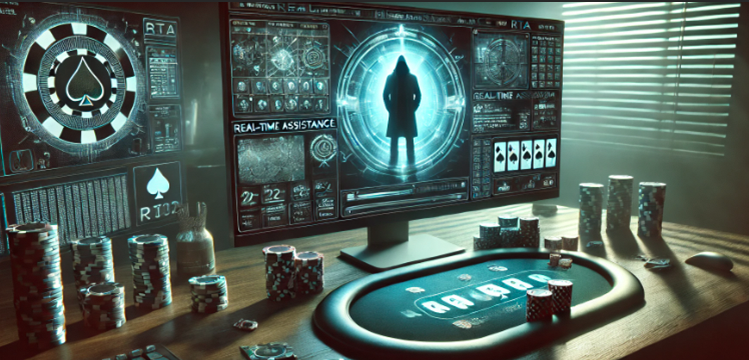
RTA in Online Poker: An Unstoppable Threat or a Contained Problem?
RTA in Online Poker: An Unstoppable Threat or a Contained Problem?What is RTA and Why is It Controversial?RTA (Real-Time Assistance) refers to software that provides real-time decision-making assis...




